Christiana Brown-Halilu migrated to the United States in 1987. All dewy-eyed and optimistic for a brighter future, she embraced her new experience with enthusiasm, only to get a rude awakening when she was faced with the realities of overt racism in the US. She recovered in time, but the experience left a lasting impression. She also started 7 businesses, 3 of which failed and 4 of which succeeded. These successful businesses include an accounting and financial consulting firm and a financial literacy consultancy. Read her full story here:
My name is Christiana Brown-Halilu, and I have lived in the US since 1987. My 37-year sojourn in God’s own country was not quite a bed of roses. My first rude awakening was in 1988 when I started graduate school. It was a group project, and I had missed the first day of class, so the groups were already formed. Three of us missed the first class, and the professor asked the groups to pick each of us to join them. The White and Asian students got picked first, and nobody wanted to pick the brown-skinned girl. The professor didn’t help matters as he gave a lackluster attitude when recommending me to be picked. Later, the two black students in the class opted to pick me; this event really affected my self-esteem as I had never experienced such overt racism before.
In time, I learnt to look past these biases and hold my head high. I finished school, took up a job and began my entrepreneurship journey.
As a business owner, I co-owned and managed seven businesses in the US. Three of these businesses closed down because, at one point, the partnerships dissolved due to divergent business goals.
The first business I owned was a food franchise. I was not too passionate about running a restaurant business, and it was too dependent on people. So, I employed friends who were more like family, and it turned out they took things for granted and lacked commitment on the job. I had a partner who had the expertise and experience to run the food business, but in time, we had divergent views on how to run the business, and this led to its closure. The second was another restaurant business my husband opted into with a partner, where they agreed to bring in an equal amount of money and invest in staff training. However, the partner reneged on the agreement later in the partnership, leading to them closing shop for the food business. The third business was focused on the healthcare industry, where we opened a dialysis facility. This facility was heavily dependent on nurses and caregivers; it started out well at first, but in time, the nurses began making unreasonable salary increment demands, did not show up at the scheduled hours and still demanded to be paid for full time hours. There were also some ethical issues with one of the nurses that resulted in the company folding up.
It is said that we learn more lessons from failure than successes, and I certainly found this to be true. My discouraging experiences with partnerships and business closures taught me some salient lessons. For one, I learned that businesses should not be too staff-dependent but process—and systems-dependent. Also, though some may argue to the contrary, my discouraging experiences with partnerships made me decide not to enter into any more external partnerships. These lessons have been invaluable in shaping my approach to business, and I encourage you to embrace the learning opportunities that failures present.
Today, I run an accounting and financial consulting firm having worked as an accountant and auditor with 30 years of experience under my belt. I also run another consultancy where we teach and consult with people of color on financial literacy concerns. Here, I teach people how to save, invest, grow and accumulate wealth by changing their financial habits and adopting more effective ones.
Furthermore, I run a non-profit known as Our Father’s Heart. Here, we empower widows and the less privileged in different parts of Africa, Latin America, and the Caribbeans. We reach out to orphans, single mothers and some elderly people to give them opportunities that their circumstances have denied them. In the future, we are looking at building a community where people will be housed and self-dependent. This community will create opportunities for skill acquisition and other self-development endeavors. Last but not least is Tender Care Health Services, where I employ qualified healthcare workers who provide individualized home care to senior citizens, ensuring they receive the care and attention they deserve.
Looking back, I am grateful for the failures and successes because they have contributed to my success story. For anyone going into business, I will say – find your passion, find what you love doing and make money while doing it. This way, work will not be like a chore but you will have joy and fulfillment doing what you love to do. So, find your passion, pray for direction, start small and enjoy the process. You will make a few mistakes when you start, but the beautiful thing is that you are learning and becoming, growing, thriving and blossoming into a better and more efficient version of yourself. Let your passion be the driving force behind your business, and you will find that success follows.
So, my advice to women of color migrating to the diaspora is to trust God, believe in yourself, find good mentors, and close your ears to those voices of pessimism creating doubts in your head.
Christiana tells her story from Atlanta in the United States of America.


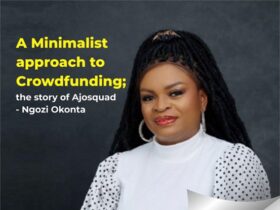
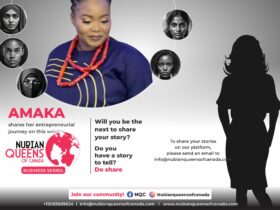
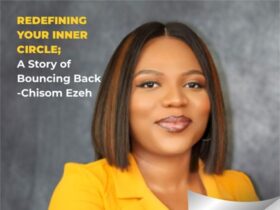
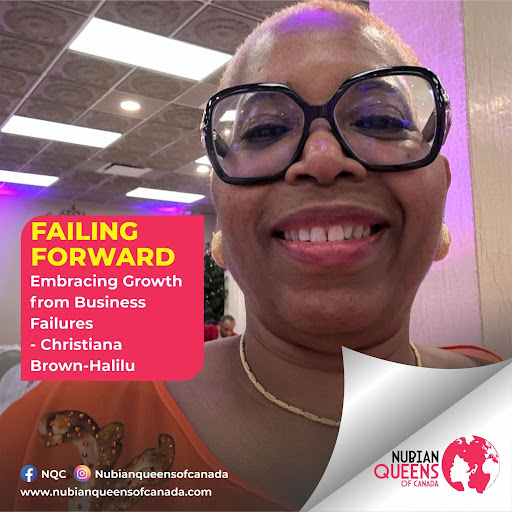




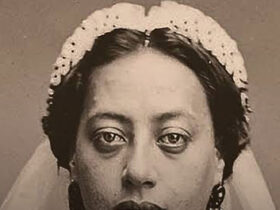




Leave a Reply